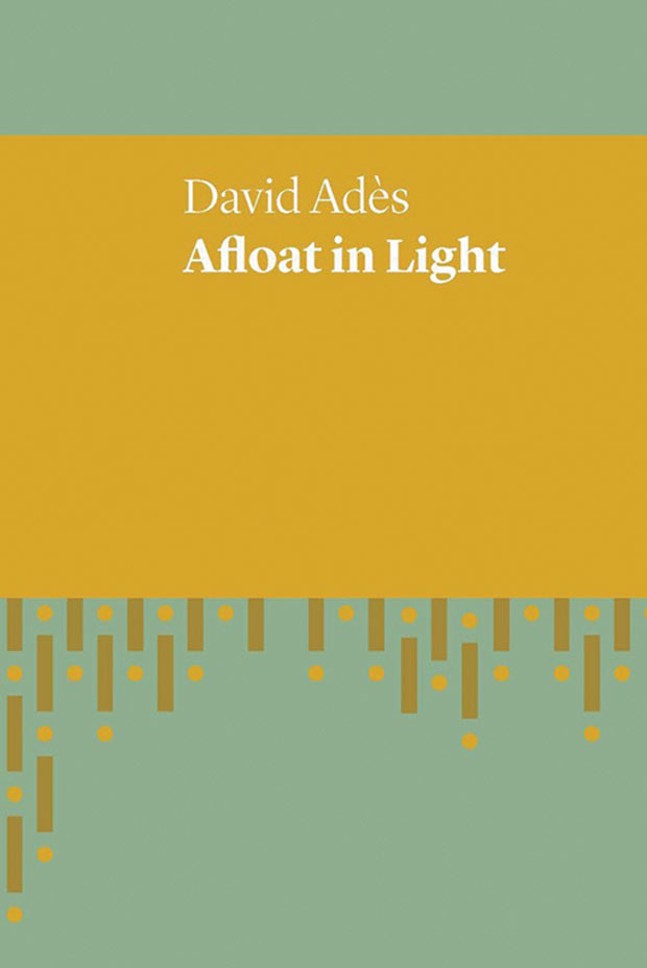David Adès is a poet who convinces me that the richest poetry comes from the simplest experiences. His second major collection, Afloat in Light (UWAP Publishing, 128 pp., $22.99), with all of its references to distant lands, skies, seas and stars, is really an interior journey, exploring the transcendent possibilities of walking down a street, holding a child, or listening to a parent. These quotidian events pass by most of us unnoticed, but for Adès, they become consecrated moments, and often achieve the sublime.
Adès, a native of Australia, recently spent five years in Pittsburgh when his family moved here for work reasons. Already a poet of distinction with an extensive publishing history, he quickly became a significant contributor to the local poetry scene, and has won several awards. (Unfortunately, he and his family had to return home last year.)
Afloat in Light is a book that straddles hemispheres, and perspectives. Artfully divided into five sections that focus on particular aspects of Adès’ personal and familial history, they are tied together by the poet’s fascination with the cyclical nature of lightness and darkness, and the corresponding affinity between life and death.
In a brilliant poem from the Pittsburgh section entitled “The Last Day of Summer,” Adès turns a simple stroll along local streets — Beechwood, Forbes and Dalzell — into a meditation on mortality, simply by noticing the markings painted by the road crews designating potholes to be filled, “all to be washed away by the first rains of fall.”
This poem, like many of his strongest, evolves like a masterful film, as if the words are a montage of images not meant to be told, but seen through a flickering lens.
In the powerful “Synopsis of a Story in Three Generations,” Adès writes, “My father fell,” and continues some lines later:
He refers to “leaving him before he finished leaving himself.” In the next stanza he synthesizes these two tropes into the stunning conceit of “falling leaves” that he encounters with his daughter on a cobblestone street, years later, merging distant generations and continents into one swirling moment, “where nothing / but the living of lives / can be saved.”
This is the most enduring kind of poetry, which not only invites multiple readings, but yields more the deeper it is read.



















